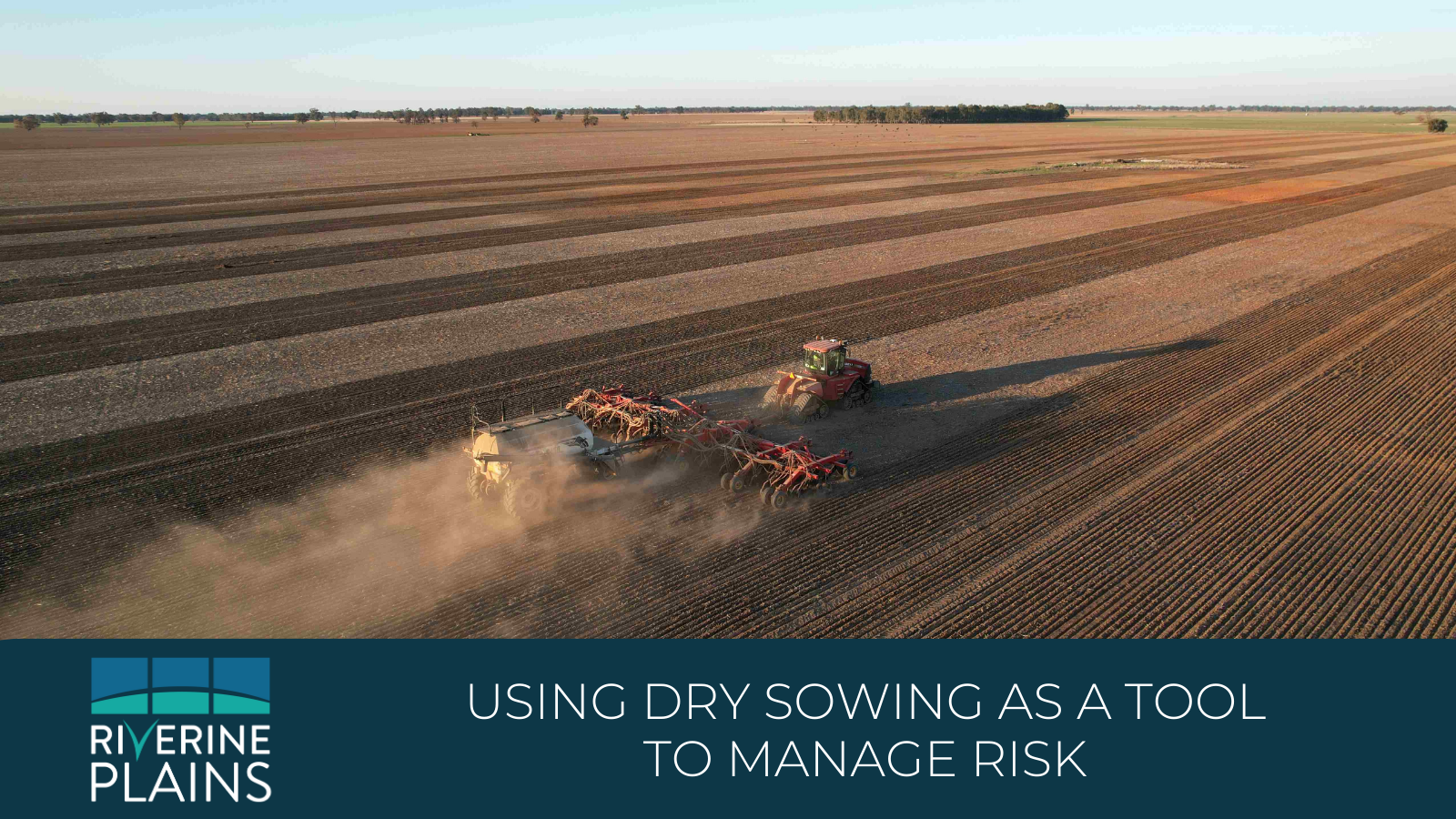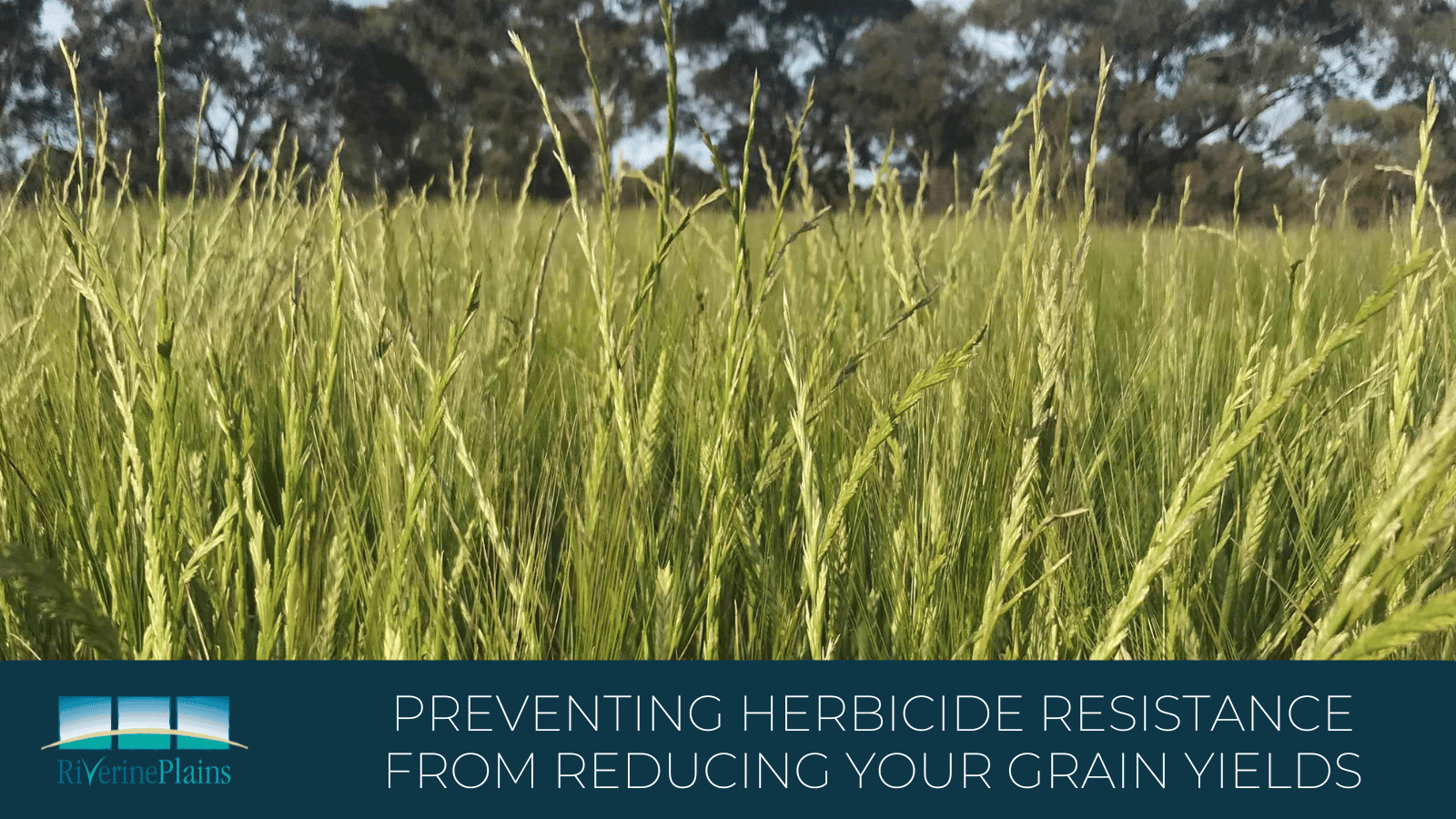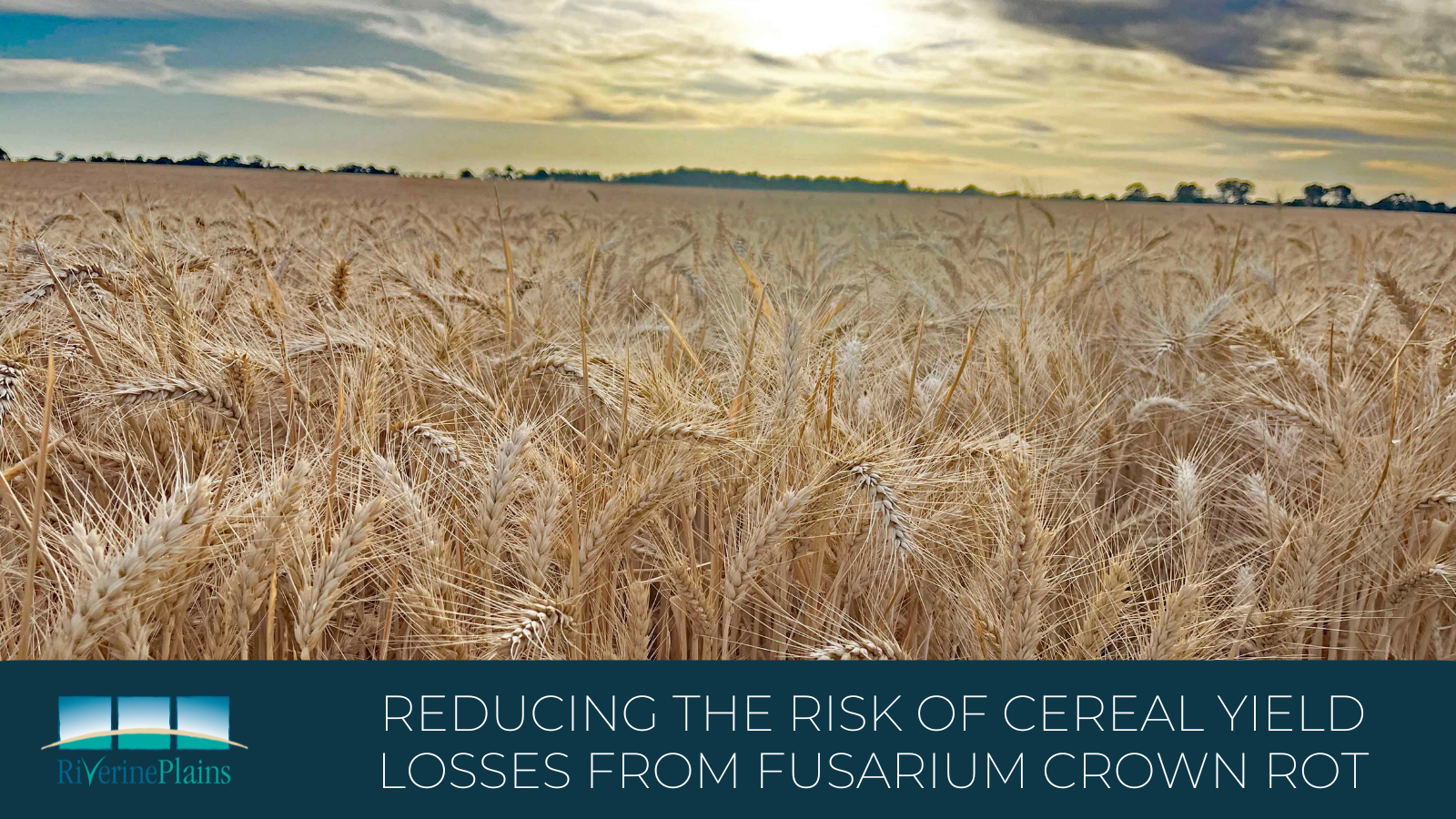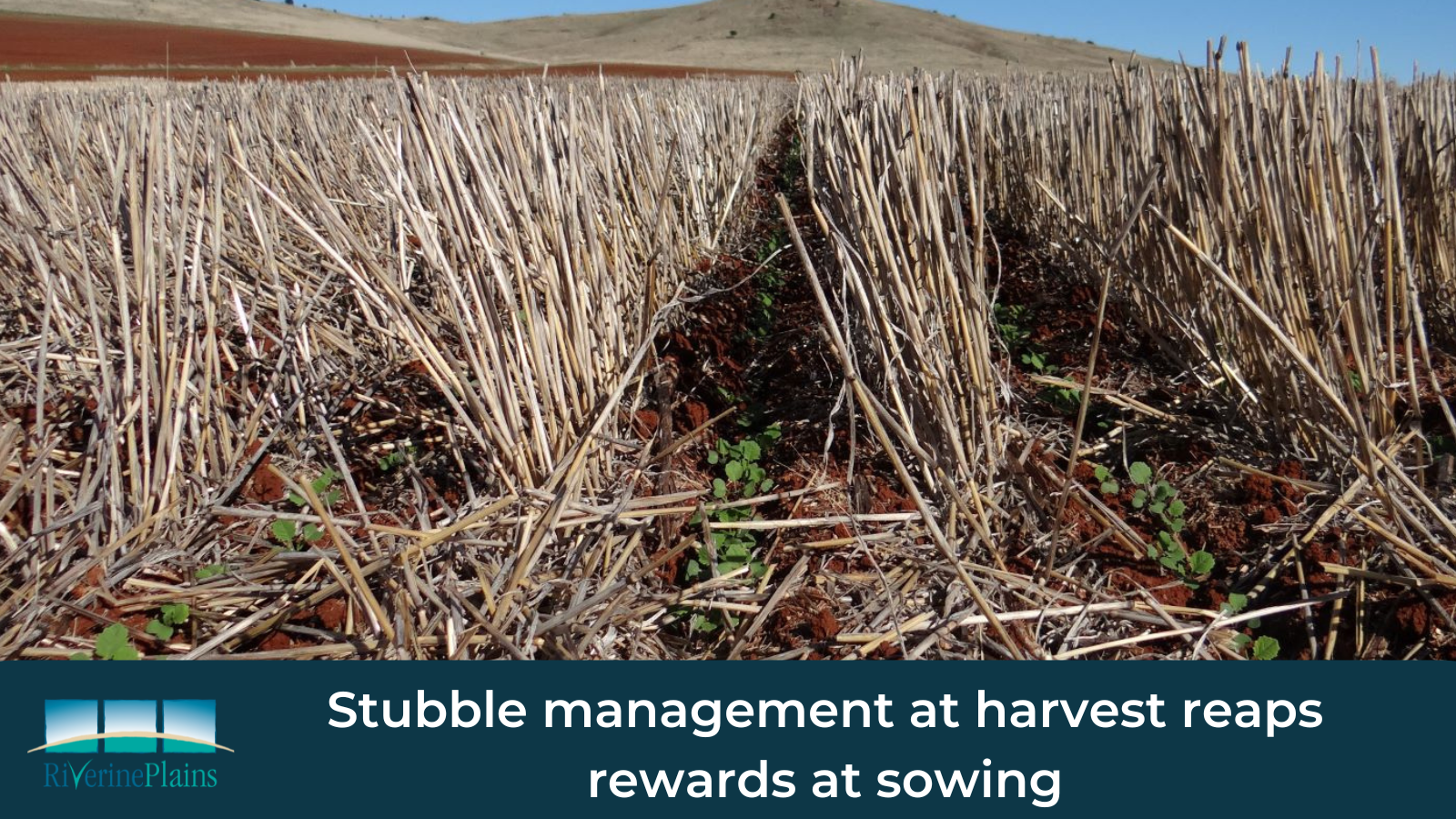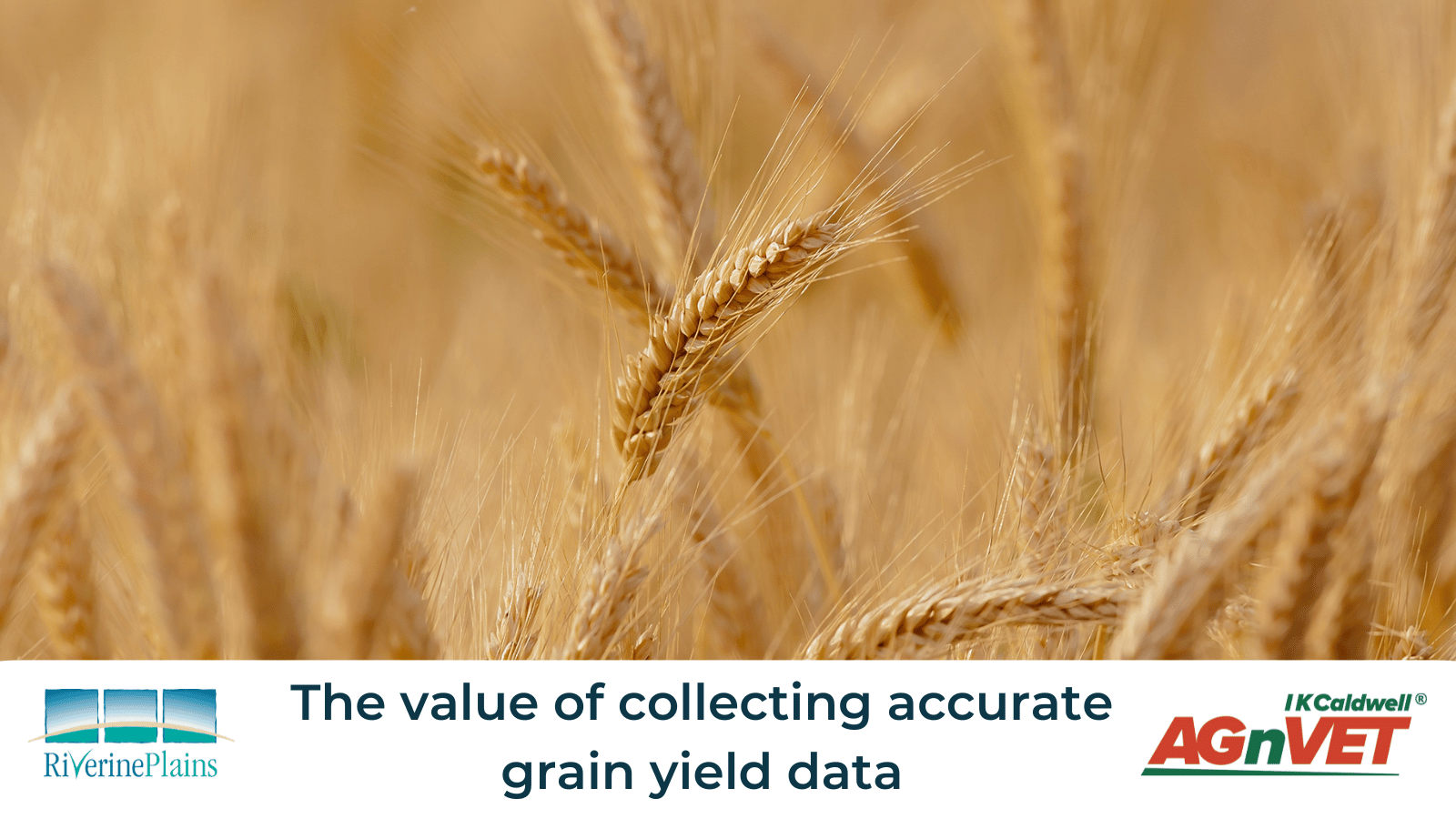Using dry sowing as a tool to manage risk
Key messages:
- dry sowing can help farmers manage production risk and spread the labour load
- when dry-sowing, ensure depth of seed placement is correct
- avoid dry sowing into paddocks with high weed seedbanks and ensure separation of seed and pre-emergent herbicides

